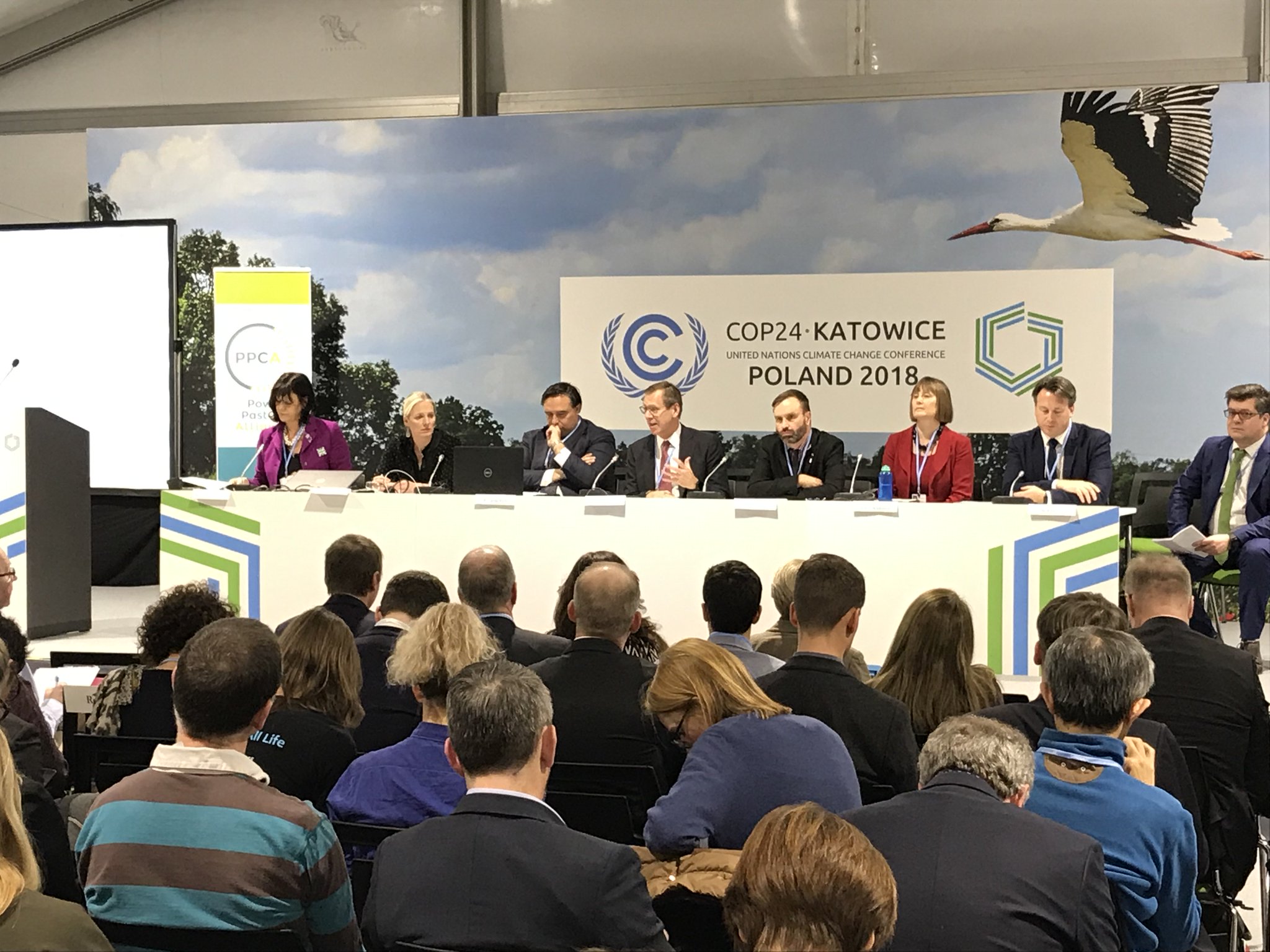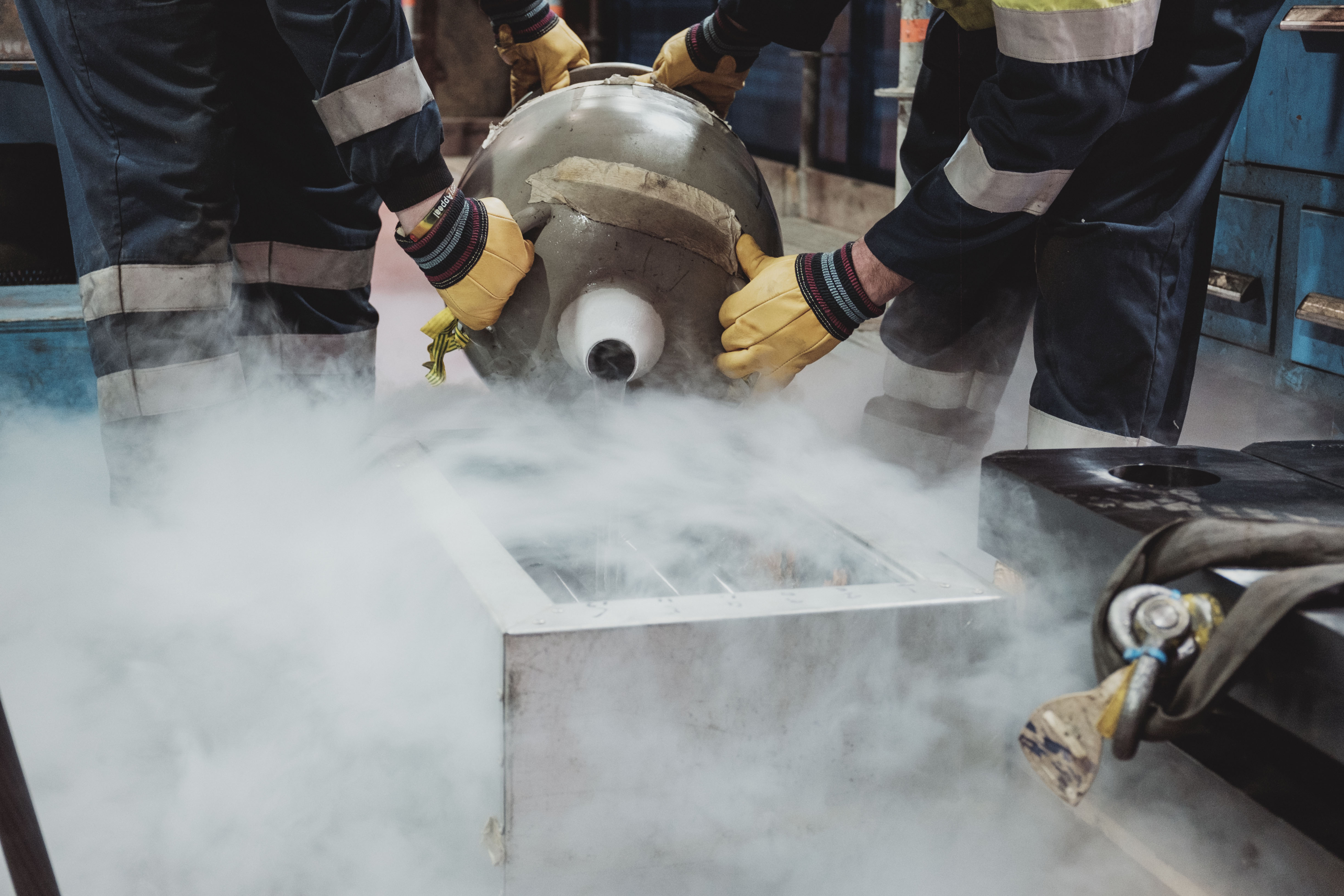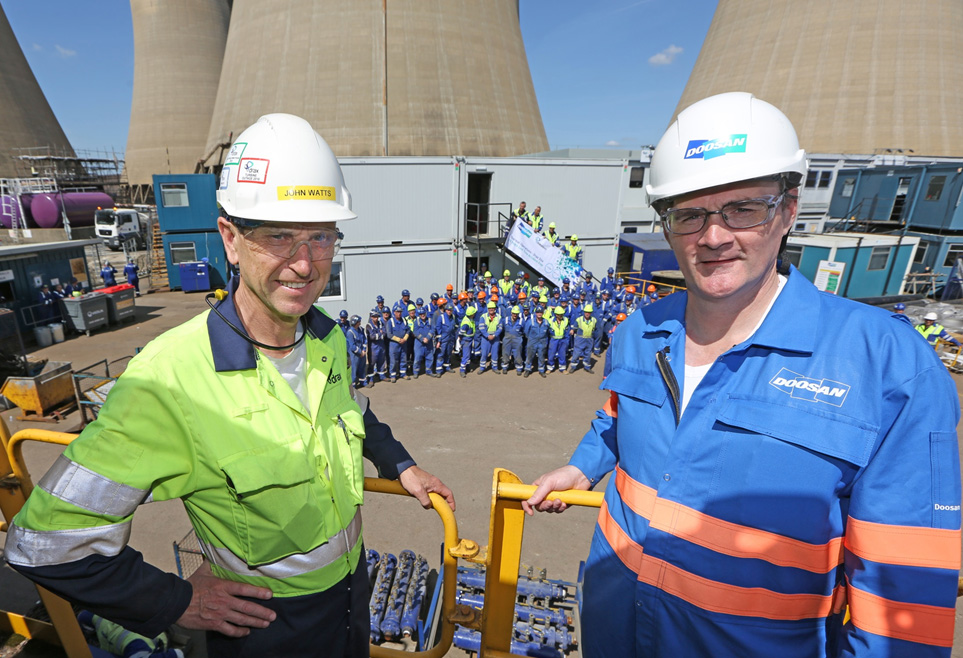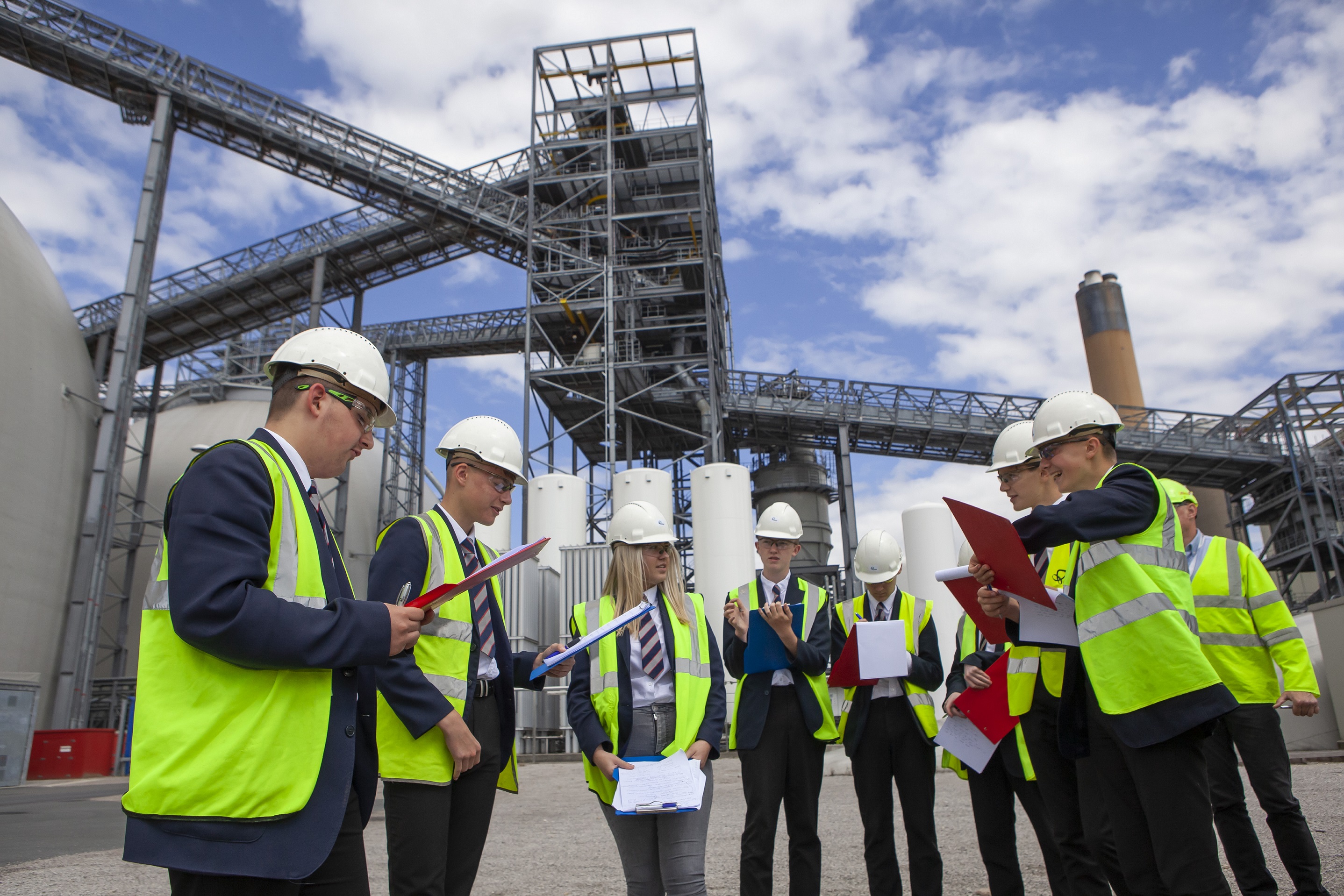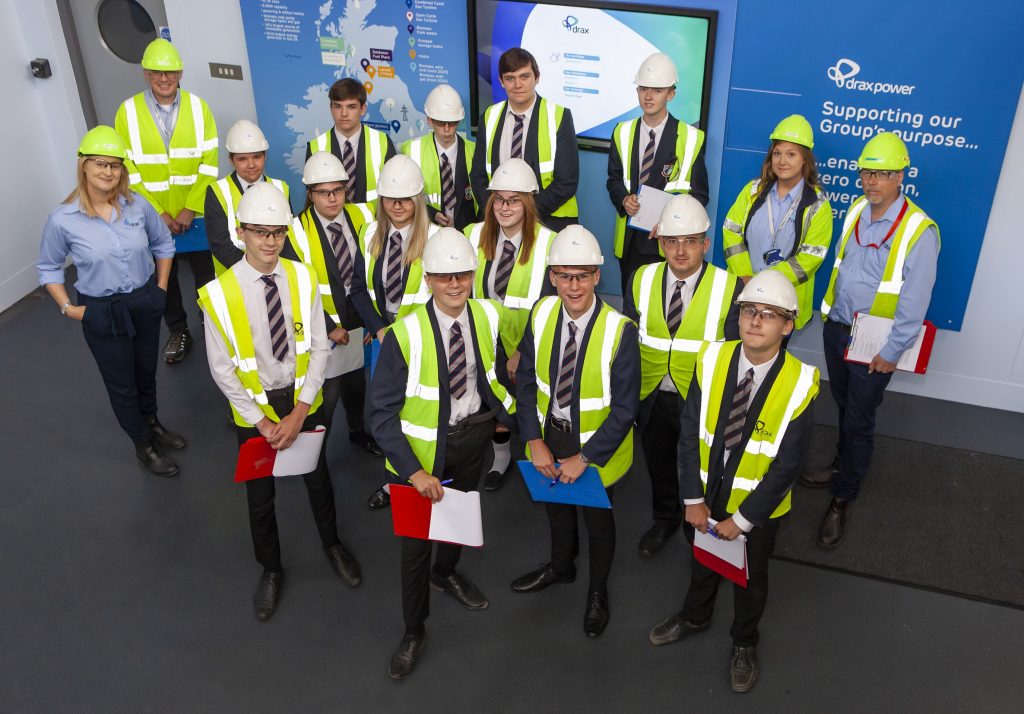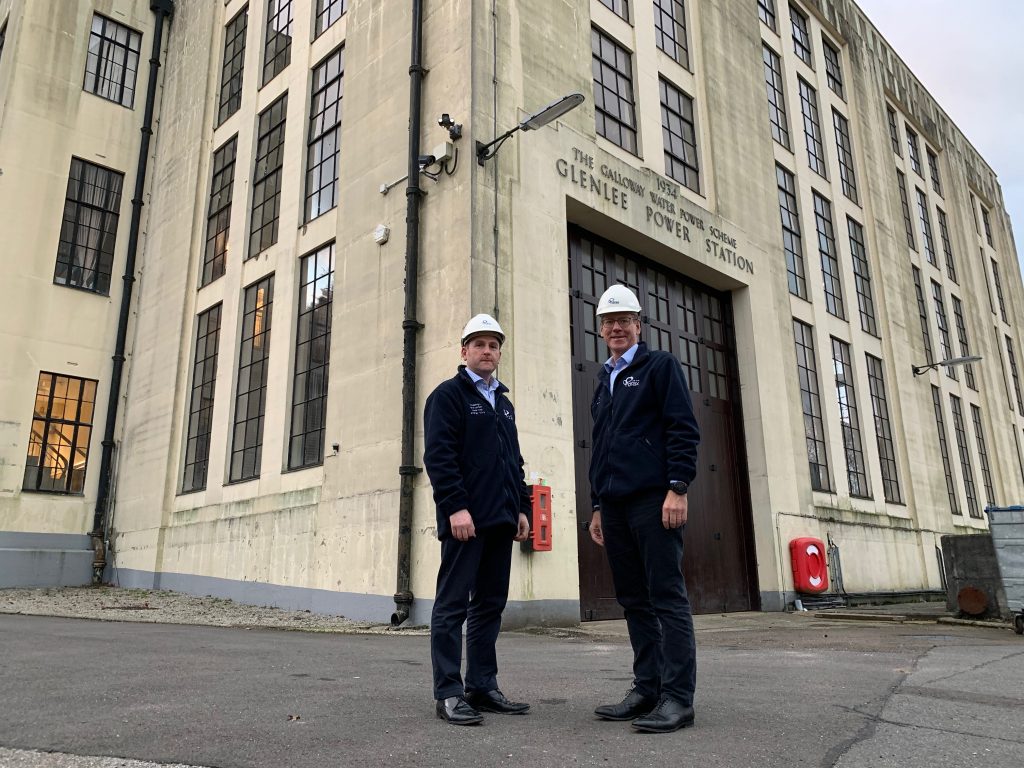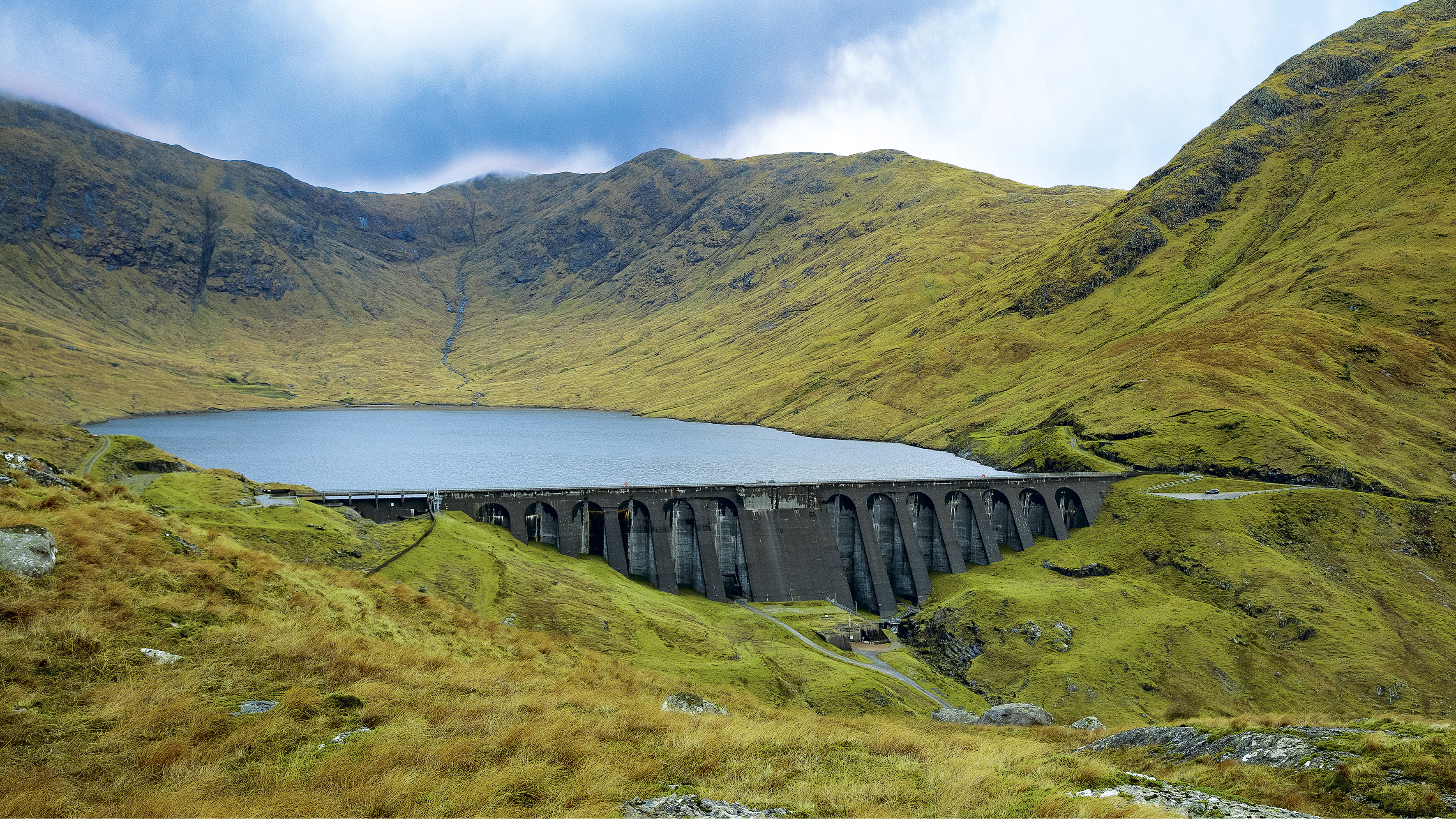
Drax wants to hear from budding engineers in the Argyll and Bute area interested in an exciting vacancy for an apprentice engineer role at one of its most iconic power stations.
The UK’s biggest renewable power generator acquired a portfolio of generation assets in Scotland at the beginning of this year and has reinstated an apprenticeship scheme as part of its efforts to support education and learning and encourage science, technology, engineering and maths (STEM) subjects.
It is appointing five apprentice engineers at its Scottish sites, including one at Cruachan power station in Argyll and Bute.
This is the final call for applicants to get in touch for the role at the pumped storage hydro power station, also known as the Hollow Mountain, as a result of the feat of engineering required to bury its turbines within the stunning Ben Cruachan mountain.
Andy Koss, CEO Generation, said:
“At our power station in Selby, North Yorkshire, we understand that attracting ambitious apprentices to learn from our world class engineers is helping us to retain and develop a skilled workforce for the future. And we want to do the same at our Scottish sites – including at Cruachan.
“The opportunity at Cruachan really is a plum role – the successful candidate will get to work with a fantastic team of engineers on some exciting engineering challenges at what is one of the most fascinating power stations in the world. I encourage anyone thinking about a career in engineering to get in touch.”
Drax’s apprenticeship scheme has been running for over fifteen years at the Selby plant, but, since the acquisition of a portfolio of thermal and hydro assets, it has started to expand the scheme across the other sites including at Cruachan.
Andy Koss, CEO Generation at Drax added:
“Ever since we started our apprenticeship programme over fifteen years ago, we’ve seen the value that these ambitious young people bring to our business. We’re excited to now be recruiting apprentices across our expanded portfolio, including at Cruachan which plays a critical role in not only our business but also across the wider electricity system.
“We’ll continue to support young people from our local communities to help build a sustainable workforce with the right skills at all levels.”
The Drax Apprenticeship Training Scheme is a four-year programme, and specialises in three engineering disciplines: Mechanical, Electrical and Control & Instrumentation.
Drax offers apprenticeships in engineering disciplines as well as business support areas, such as Finance and Business Administration. All opportunities are advertised on our website.
ENDS
Media contacts:
Ali Lewis
Drax Group Head of Media & PR
E: ali.lewis@drax.com
T: 07712670888
Joshua Atkins
Drax Group Press Officer
E: josh.atkins@drax.com
T: 07970256355
Editor’s Notes
- Drax’s technical apprenticeship scheme gives apprentices the opportunity to learn a new trade and begin their career in engineering at one of the UK’s leading energy companies.
- Cruachan has been operating since 1965. As the UK deploys ever-growing volumes of renewable power, the dispatchable power and electricity storage which Cruachan provides is increasingly important and valuable.
- The Cruachan apprenticeship follows Drax’s support of the Oban High School careers fair and local work experience opportunities.
- In January Drax Group completed the acquisition of a portfolio of renewable, low-carbon and flexible power stations, in strategic locations across the country – from Scotland to the South East coast.
- Drax Power Station in North Yorkshire is the UK’s largest power station and the country’s biggest renewable electricity generator.
- Since converting two thirds of the power station to use sustainable biomass instead of coal, it is producing enough renewable electricity for four million households and delivering carbon savings of more than 80%.
- If Drax is able to scale up its successful bioenergy with Carbon Capture and Storage (BECCS) pilot project to become the world’s first negative emissions power station, it would be reducing the carbon dioxide in the atmosphere at the same time as producing flexible, renewable power and supporting grid stability.
About Drax
Drax Group’s ambition is to enable a zero carbon, lower cost energy future. Its 2,600-strong employees operate across three principal areas of activity – electricity generation, electricity sales to business customers and compressed wood pellet production.
Power generation:
Drax owns and operates a portfolio of flexible, low carbon and renewable electricity generation assets across Britain. The assets include the UK’s largest power station, based at Selby, North Yorkshire, which supplies five percent of the country’s electricity needs.
Having converted two thirds of Drax Power Station to use sustainable biomass instead of coal it has become the UK’s biggest renewable power generator and the largest decarbonisation project in Europe.
Its pumped storage, hydro and energy from waste assets in Scotland include Cruachan Power Station – a flexible pumped storage facility within the hollowed-out mountain Ben Cruachan. It also owns and operates four gas power stations in England.
For more information visit www.drax.com








